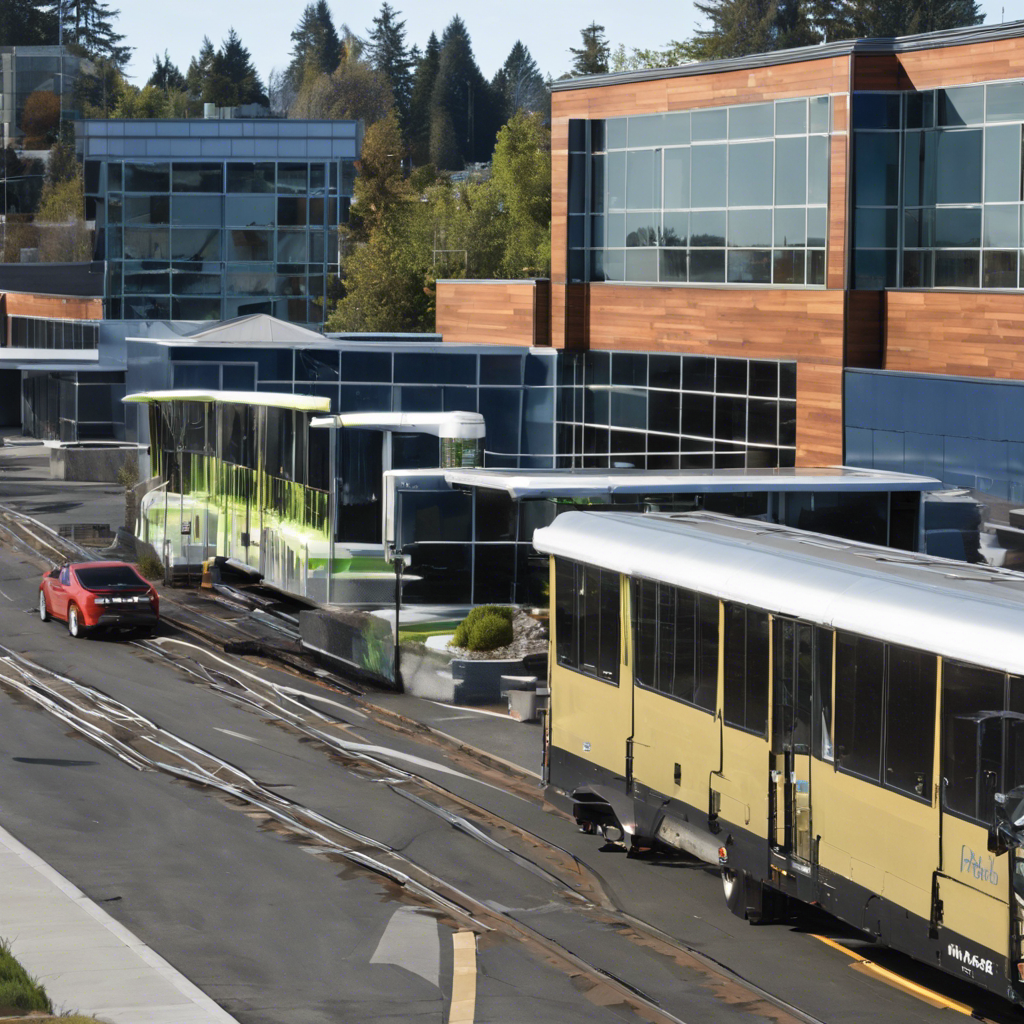Mode Music Studios Faces Uncertain Future with Sound Transit Expansion Plans

Owner Erin Rubin fights to save her beloved music studio from the path of progress
Seattle’s Mode Music Studios, a cherished hub for music education and community engagement, is facing an uncertain future. Founder and owner Erin Rubin is grappling with the impending expansion plans of Sound Transit, which threaten to displace her thriving business. As the West Seattle Link Extension project looms, Rubin finds herself torn between her love for public transportation and the devastating impact it will have on her studio. With her livelihood at stake, Rubin is determined to find a solution that preserves her business and maintains the vibrant arts community she has nurtured.
A Beloved Space in Jeopardy
Mode Music Studios, located in West Seattle, has become a cherished space for musicians, teachers, and students alike. Rubin has poured her heart and soul into creating an ideal environment that caters to the needs of both educators and learners. The studio’s close proximity to the Skylark Cafe has fostered a harmonious relationship, allowing for collaborative events and a vibrant arts scene. However, this idyllic setting is under threat as Sound Transit’s expansion plans place the buildings in the direct path of the West Seattle Link Extension.
A Heartbreaking Reality
Erin Rubin recently met with Sound Transit representatives, only to receive disheartening news. Mode Music Studios will be among the first to be demolished to make way for the new light rail station. Despite the promise of relocation assistance, Rubin is faced with the daunting task of moving an entire building, along with nine teaching studios, 500 students, and 50 teachers. Sound Transit’s offer of $50,000 falls far short of the estimated $450,000 needed for a comparable space. Rubin is left grappling with the reality that her beloved studio may be lost, despite her dedication to public transportation and the greater good.
A Costly Dilemma
Rubin’s determination to save Mode Music Studios is met with financial challenges. Even if she manages to secure the necessary funds through a small business loan, she faces the additional hurdle of meeting Sound Transit’s strict timeline. If she fails to relocate within their timeframe, the relocation assistance offer becomes null and void. This leaves Rubin in a state of uncertainty, unsure of whether she has the energy to fight against the inevitable or find a way to navigate the complex situation that lies ahead.
Community Support and Call to Action
In the face of adversity, Rubin is reaching out to the community for support. Those who wish to help can sign up for in-person and online music lessons and summer rock band camps at modemusicstudios.com. Additionally, supporters can contribute to the studios’ private lesson scholarship program and in-school programs at modemusicandperformingarts.org/donate. Rubin also encourages patrons to support her neighbors at Skylark Cafe, a vital hub for events and community gatherings.
Conclusion:
The story of Mode Music Studios serves as a poignant reminder of the challenges faced by small businesses in the wake of progress and development. As Sound Transit’s expansion plans forge ahead, the delicate balance between public benefit and the preservation of local institutions is put to the test. Erin Rubin’s fight to save her beloved music studio highlights the deep connections between businesses, communities, and the arts. The outcome of this battle will not only impact Mode Music Studios but also serve as a reflection of our society’s commitment to nurturing creativity and preserving the fabric of our neighborhoods.

